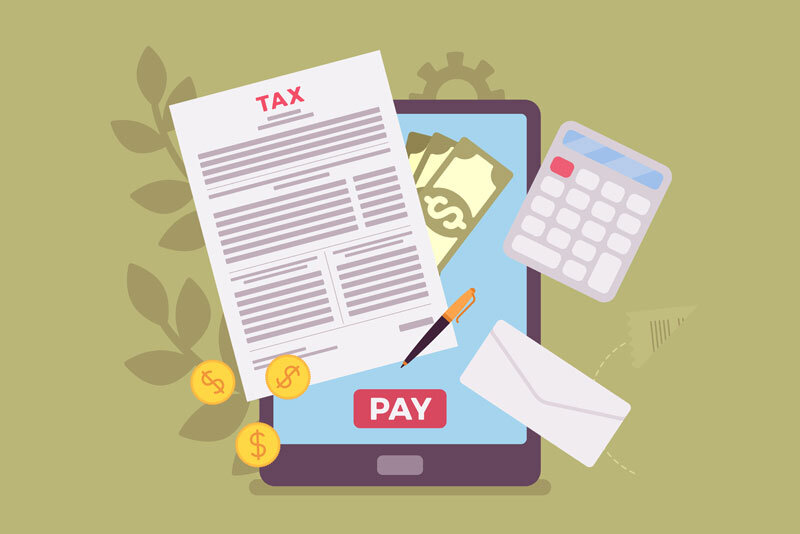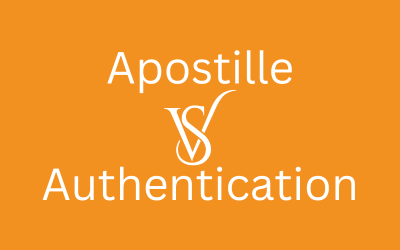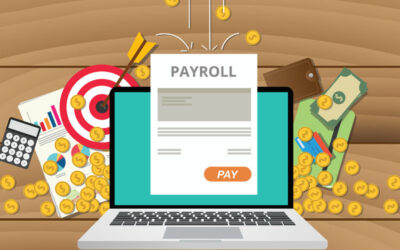According to Global Workplace Analytics, 25-30% of the workforce will be working from home multiple days a week by the end of 2021. Already a trend before the pandemic, remote working became the “new normal” for businesses of all sizes struggling to stay afloat during safer-at-home directives. Today, both employers and employees have found the positives that remote working offers. However, only employers can claim work from home tax deductions on their income taxes.
Let’s review who can claim work from home tax deductions, what expenses qualify, and how you should calculation those deductions.
Claiming Work From Home on Your Taxes
Before 2018, employees working from home could claim some unreimbursed expenses on their taxes. However, the Tax Cuts and Jobs Act eliminated those deductions for employees through 2025. Fortunately for entrepreneurs, work from home tax deductions still apply for business owners, whether you’re a sole proprietor or an LLC. The key is knowing how to stay on the right side of the law regarding home office usage and knowing what is tax-deductible for yourself and your business.
Qualifying for Home Office Expenses
In general, the Internal Revenue Service (IRS) considers expenses related to a home office as deductible if the office is used exclusively for business on a regular basis. In other words, you must use a specific section or room of your house solely for conducting business. It doesn’t have to be enclosed by a permanent partition such as a door, but you cannot use it for personal or family purposes at any time.
There are two exceptions to this Exclusive Use rule:
- You do not have to meet the exclusive use test if you use part of your home for storing inventory or promotional products, if the storage space is used regularly for business purposes, and the area is suitable for storage
- Part of the home is used for a registered daycare facility
Regular usage is defined as one of the following scenarios:
- The home office is the principal place of business
- The home office is used as a place to meet patients, clients, or customers
- The home office is a separate free-standing structure
Furthermore, the amount of time spent running the business and what activities are performed in the home office determine if you can claim work from home tax deductions. For example, your home office qualifies for tax deductions if you regularly perform the business’s administrative or management activities. Activities may include accounting duties such as billing and recordkeeping, ordering supplies, and setting up appointments are essential functions when running a business. However, you cannot claim home office tax deductions if these duties are done principally at another location, or you spread these activities between one or more offices.
Do you operate more than one business out of the same home office? That’s not a problem. Each company can take the home office deduction as long as it is the primary place of business for that company.
Direct vs. Indirect Expenses
There are two kinds of deductible home office expenses: direct and indirect.
- Direct expenses include expenses specifically attributable to the business’s home office, such as repairs and renovations made to the room.
- Indirect expenses are those expenses spent for the entire home, such as homeowners’ insurance, rent/mortgage payment, alarm systems, internet, and utilities. Indirect expenses are based on the percentage of the house used for the business.
Did you start your business mid-year? Then work from home tax deductions are only applicable to expenses incurred after the business began operation.
Business Structure Considerations
Sole Proprietorships
Working from home as a sole proprietor can save you a great deal of money typically spent on operating expenses such as utilities and office rent. You can claim work from home tax deductions by filling out IRS Form 8829 to report the percentage of your house used for business and your deductible expenses, then use that number on your Schedule C, in addition to other allowed business expenses.
Partnerships
If your business is a partnership, you can deduct home office expenses on Form 1040, U.S. Individual Income Tax Return. Typically, the expense is listed as an “unreimbursed partner expense” on Schedule E, Supplemental Income and Loss.
Limited Liability Company (LLC)
An LLC enjoys both the limited liability of a corporation and the less strict compliance requirements of a sole proprietorship. LLC business owners can also choose how they prefer to be taxed. A single-member LLC means there’s one owner, and they can take the home office deduction on the personal tax form and Schedule C.
Members of a multi-member LLC can indicate non-reimbursed expenses on Form 1065 K-1 or file taxes as an S Corporation or C Corporation and be treated as employees. That would make them ineligible for the home office deduction and instead can receive reimbursement for expenses from the LLC.
C Corporations
In a C Corporation, all owners are employees, so they are not allowed to take work from home tax deductions. This also goes for LLCs choosing to be taxed as a C Corporation. However, if a company is structured as a C Corporation, the corporation can reimburse its owners for home office costs every month under an “accountable expense reimbursement plan.” Those reimbursements qualify as deductible business expenses for the company, as does any business equipment purchased for a remote employee.
Calculating Your Deductions
The IRS allows two different ways to calculate your home office deductions.
The first is called the Simplified Method and requires you to determine the home office’s square footage and multiply that by $5/square foot. The maximum space allowed by the IRS is 300 square feet ($1,500).
The Detailed Method requires you to either calculate the area used for your business by dividing the home office space by the home’s total area or divide the number of business usage rooms by the total number of rooms in the house.
Talk to your accountant to determine which method works best for your tax situation. For matters concerning business structure, compliance, and filings, CorpNet is here to assist.
Reference: https://globalworkplaceanalytics.com/work-at-home-after-covid-19-our-forecast





